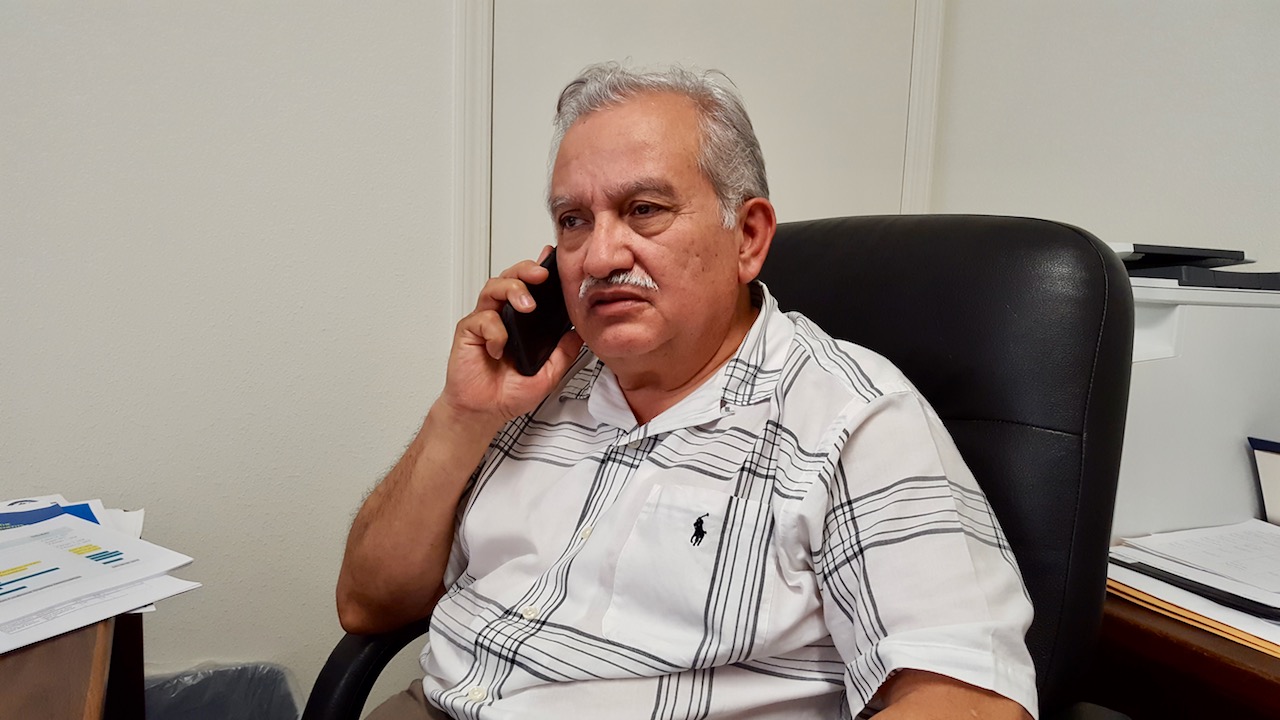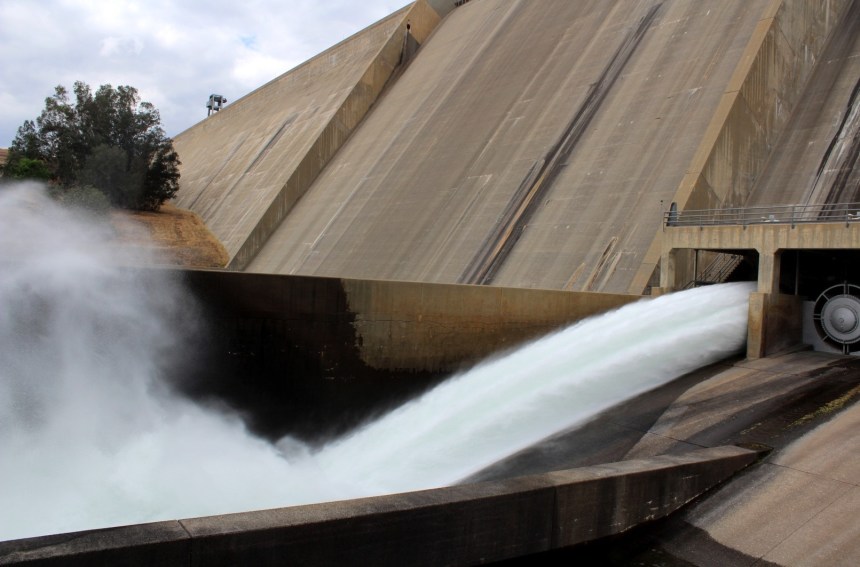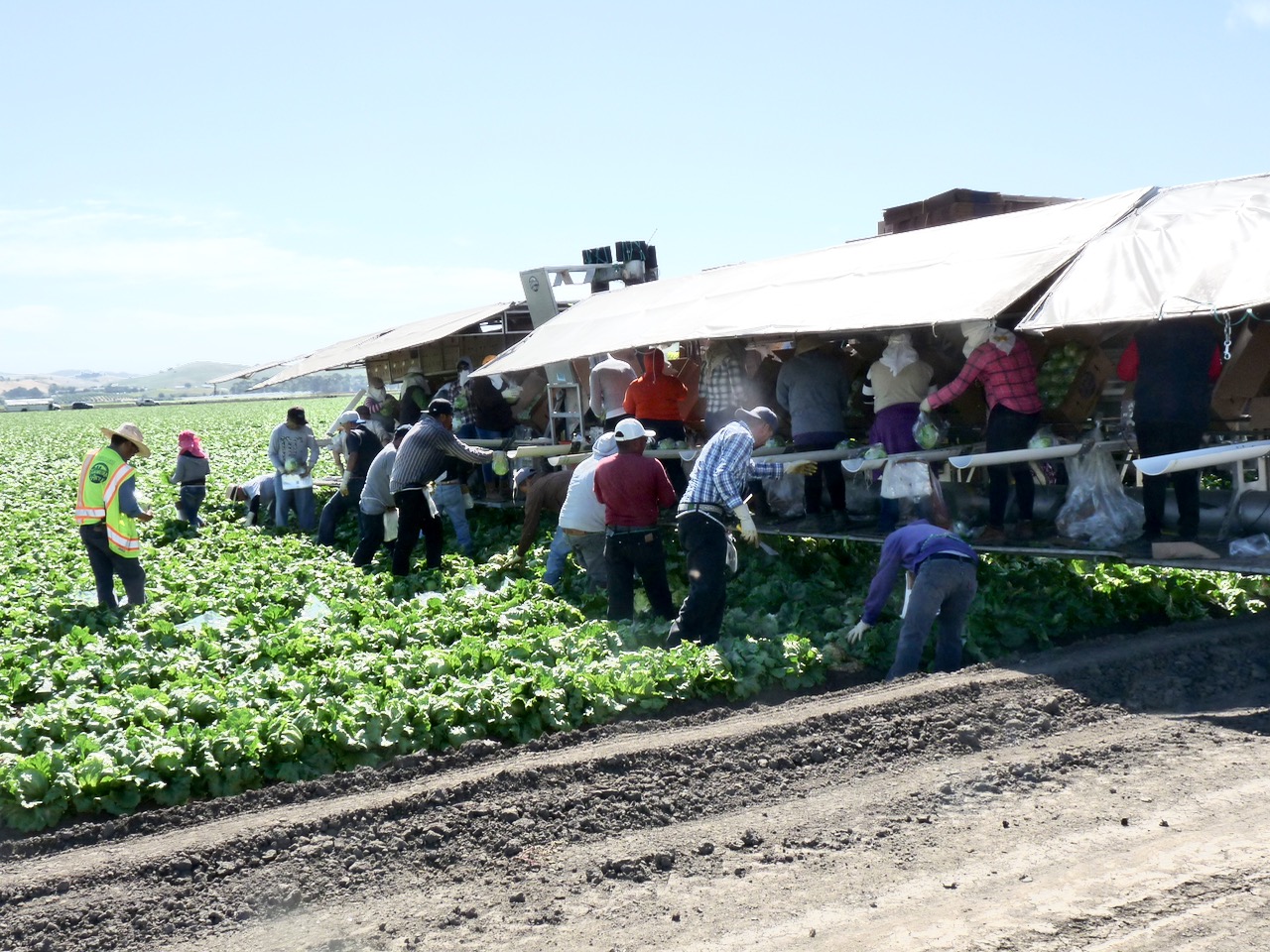Dire Need for Temperance Flat
Temperance Flat Dam Could Minimize the Devastation of SGMA
By Jessica Theisman, Associate Editor
Mario Santoyo, Executive Director at San Joaquin Valley Water Infrastructure Authority, explained the dire need to build Temperance Flat Dam to California Ag Today recently, and the possible consequences if it is not built.
“With the new groundwater sustainability law coming into play, it is going to basically shut down a lot of farming,” he said.
If farmers cannot prove that they are replenishing the amount of groundwater as they are taking out, they are not going to be allowed to use the groundwater pumps.
“With the continuing extraction of our surface water by the environmental community and by governmental regulations, farming in the Central Valley is in for a world of hurts,” Santoyo said.
The Temperance Flat Dam would give the ability to manage the high run-off water that is otherwise lost into the ocean.
“We are losing millions and millions of acre-feet into the ocean that makes absolutely no sense to anyone,” Santoyo explained.
Temperance Flat would provide additional storage opportunities—up to an additional 1.2 million acre-feet—and will allow farmers to have carryover water from year to year. This will carry the farmers through the dry years, and it will give the allowance to stabilize the groundwater condition.
This dam needs funding from federal, state, and local water agencies.
“The JPA that we represent secured 171 million dollars, which is enough money to pay for the environmental paperwork and initiate the engineering,” Santoyo said.
The remainder of the funds has come in chunks from the federal government through the WIIN Act.
“The bulk of it will have to be the end users, the beneficiaries, i.e. the water agencies,” Santoyo said.
Right now, they are working on the process to evaluate the level of investment that they want to partake in.
“The way this project will work is multidimensional. But the key element will be storage management,” Santoyo said.
The investors would be buying chunks of storage cells in that reservoir to manage.
“In some cases, if you have a bad year in which you have water and others don’t, you’d be able to work something out with them,” Santoyo explained.
“Temperance Flat was a part of the focus when the WIN Act was being put together by Senator Feinstein and Congressman McCarthy,” Santoyo said.
The money allocated is enough to keep the project moving forward on an annual basis.
President Trump signed a memorandum a few months ago, however, Santoyo said, “Since I’ve been involved for a longer period of time, unfortunately, that memorandum that was signed in effect really didn’t do anything.”
Federal courts had already ruled previously that the biological opinions needed to be redone.
“All this memorandum did was just accelerate the study of it,” Santoyo explained.
A resolution on the Delta does not look like it will be here anytime soon.
“That’s why I think that if you have an opportunity to do something positive that doesn’t affect usage of the Delta water you should take it,” Santoyo said.
That’s what Temperance Flat does.
“Three billion dollars represents the full construction of the dam,” Santoyo said.“This is the targeted budget for the dam. If the funds can be collected and in time, the dam will be fully operational by 2033.”




















